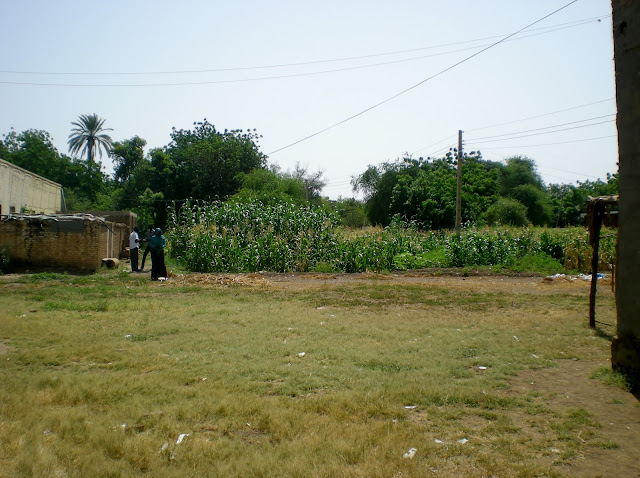 |
| Tanya - fellow SVP volunteer - British Muslim with a Jamaican heritage |
Following on from my previous entry I wanted to find out
more about the religious aspects of the dress code.
This article explains why Muslim women wear a veil. Known as a Hijab, this is different to the Niqab which is
the black, full body plus face veil and is a related but different issue. The article says that the reason for wearing
the veil or headscarf is
“… because they believe God has made it an obligation for
believing women. In the Quran God tells
the believing men and women to lower their gaze and to dress modestly. He (God) specifically addresses women when He
asks them not to show off their adornment, except that which is apparent, and
draw their veils over their bodies”
“Islam is known as a religion concerned with community
cohesion and moral boundaries, and therefore hijab is a way of ensuring that
the moral boundaries between unrelated men and women are respected. In this sense, the term hijab encompasses
more than a scarf and more than a dress code.
It is a term that denotes modest dressing and modest behaviour.”
One argument is that wearing the hijab is a symbol of
gender-based repression but many women see it as their right to wear a hijab
and make independent choices proclaiming their independent thought. They also feel liberated by the fashion
dictates of the society, less vulnerable to sexual harassment in the work place
and being valued for their minds and not how they look.
I get both arguments.
I see both sides. The reality is
that these issues apply to all women in all society and not just to
Muslims. While I understand that walking
around being too ‘alluring’ (in any society) may well send the message that a
woman is available for sexual favours that will be freely given there is also
something wrong if women need to totally de-sexualise themselves in order to
send the message they do not welcome sexual advances and will not freely perform
sex acts on request. In the end doesn’t
it just come down to the belief that men cannot be expected to NOT ACT on any sexual feelings they have?
Of course religion always gets mixed up with the culture
which is why different Islamic countries insist on different dress codes for
women with some insistent on the full Niqab (burka) for women.
Tanya, a volunteer here is a Black British
Muslim and wears a veil in the UK.
Interestingly she says that in the UK she has found that there is more
emphasis on how she dresses where other Muslims will feel free to comment about
her style of dressing than in The Sudan where she has been living for the past
8 months. Here, she told me, comments about her behaviour, such as sitting at
the tea stall in the street on her own will raise comments or looks whereas in
the UK this would not be an issue.
The Koran says that wearing the veil indicates to all men
that a woman is a woman of piety and therefore not to be molested; so I was
surprised to hear that Tanya is regularly touched up when travelling on buses,
despite being fully covered, because she is clearly not Sudanese; the
assumption is that she is Nigerian and therefore foreign and therefore sexually
available.
“It is a strange thing for something so apparently
anti-fashion, but the anonymous black silhouette of the burka and niqab has
become a status symbol. A sports star
pulls on a pair of expensively-endorsed Nikes, a Tory politician dons an
electric blue suit, and the Muslim woman who has to be seen as holier than thou
draws a veil over her face.”
The relationship between religious practices and the culture
it is practiced within is a complex one and the dividing line between what is
pure religion and what is culture can be very blurred.












































.jpg)


















